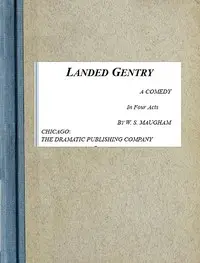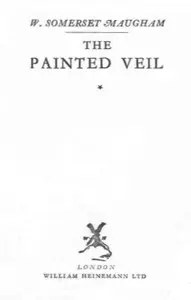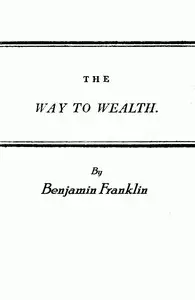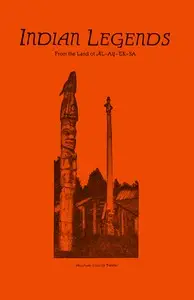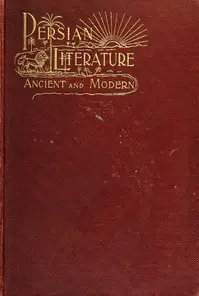"Mrs. Craddock" by W. Somerset Maugham is a novel written in the early 20th century. The story revolves around Bertha Ley, an independent young woman who is living with her aunt in a decaying estate in Kent. As the narrative unfolds, Bertha's romantic entanglements come to the forefront, particularly her burgeoning love for Edward Craddock, a tenant farmer who embodies the masculine ideals Bertha admires. The novel seems to delve into themes of love, class disparity, and the constraints of societal expectations. At the start of the novel, we are introduced to Bertha, who is restless and longing for something more in her life, which has become mundane under her aunt's watchful eye. While observing the wintry landscape, she yearns for a connection that feels out of reach. The narrative quickly shifts to the arrival of Edward Craddock, who rekindles Bertha's childhood feelings and ignites a romance that defies societal norms. As they navigate the complexities of their relationship, we witness Bertha's passion and determination to pursue a love that promises fulfillment against the expectations that weigh heavily on her, particularly from her aunt and the local community. This opening sets a compelling stage for the emotional and social struggles that will likely unfold throughout the story. (This is an automatically generated summary.)
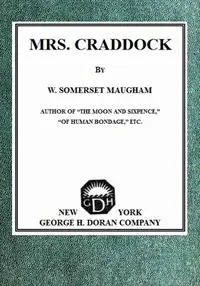
Mrs. Craddock
By W. Somerset (William Somerset) Maugham
"Mrs. Craddock" by W. Somerset Maugham is a novel written in the early 20th century. The story revolves around Bertha Ley, an independent young woman ...
William Somerset Maugham was an English writer, known for his plays, novels and short stories. Born in Paris, where he spent his first ten years, Maugham was schooled in England and went to a German university. He became a medical student in London and qualified as a physician in 1897. He never practised medicine, and became a full-time writer. His first novel, Liza of Lambeth (1897), a study of life in the slums, attracted attention, but it was as a playwright that he first achieved national celebrity. By 1908 he had four plays running at once in the West End of London. He wrote his 32nd and last play in 1933, after which he abandoned the theatre and concentrated on novels and short stories.



